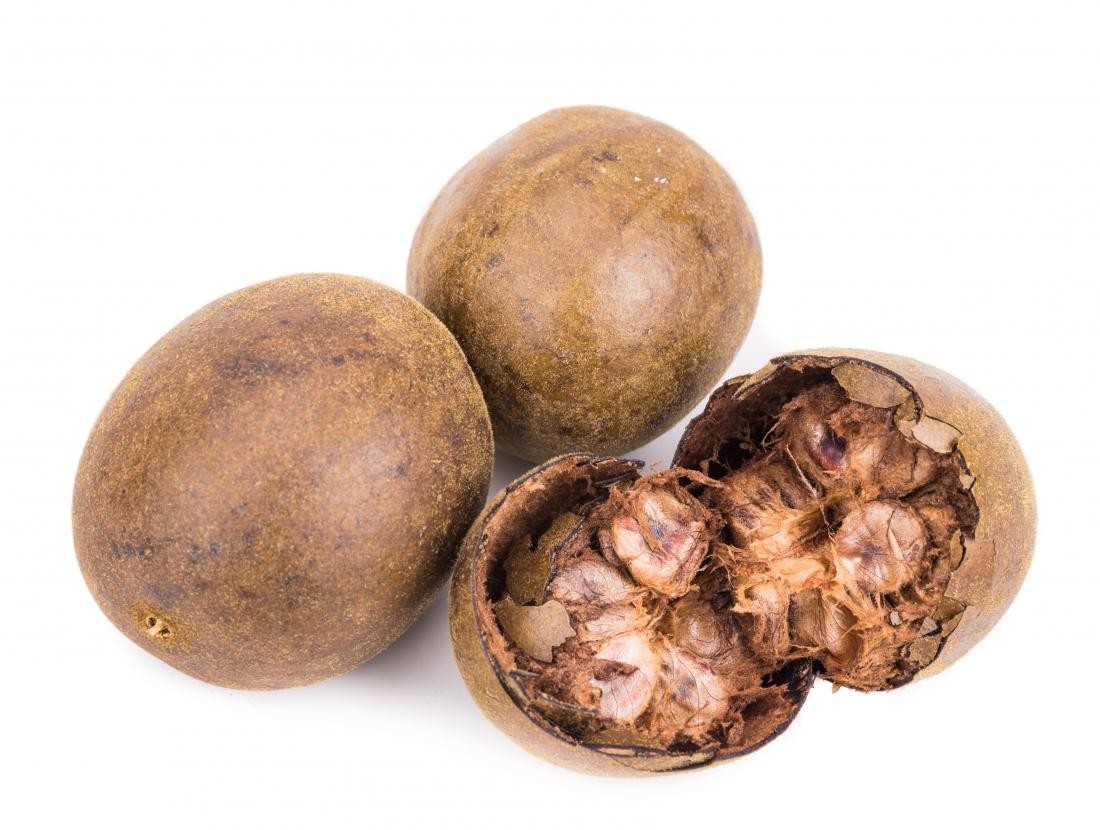
Contents
- 1 Monk Fruit vs. Stevia: A Comparison of Natural Sweeteners
- 1.0.1 What Do Monk Fruit Sweeteners Contain?
- 1.0.2 What Are the Benefits of Monk Fruit Sweeteners?
- 1.0.3 Are There Any Side Effects of Monk Fruit Sweeteners?
- 1.0.4 What is Stevia?
- 1.0.5 What Do Stevia Sweeteners Contain?
- 1.0.6 What Are the Benefits of Stevia?
- 1.0.7 Are There Any Side Effects of Stevia?
- 1.0.8 Which One is Safer and Healthier: Monk Fruit or Stevia?
Monk Fruit vs. Stevia: A Comparison of Natural Sweeteners
Monk fruit and stevia are popular natural alternatives to refined sugar, offering a sweet taste without the added calories. These plant-based sweeteners have similar nutrient profiles and health benefits. However, stevia has been found to have minor side effects compared to monk fruit sweeteners, which are considered safe. Cost and taste are additional factors to consider when choosing between these artificial sweeteners.
Monk fruit, also known as Siraitia grosvenorii, is a small melon native to China. It is named after the Buddhist monks who cultivated it centuries ago. Monk fruit sweeteners are incredibly sweet, up to 250 times sweeter than regular sugar. They are available in liquid, powder, and granular forms, making them versatile for various culinary applications. However, replacing sugar with monk fruit sweeteners may affect the texture and volume of baked goods.
What Do Monk Fruit Sweeteners Contain?
Monk fruit sweeteners are calorie-free and do not contain carbohydrates or sugars. They derive their intense sweetness from mogrosides, non-nutritive molecules found in monk fruit that vary in levels and determine the fruit’s sweetness. To balance the taste, some manufacturers mix monk fruit extract with sugars like dextrose or erythritol, a zero-calorie sugar alcohol.
What Are the Benefits of Monk Fruit Sweeteners?
According to traditional Chinese medicine, monk fruit extract offers various health-boosting properties, including antitussive, liver-protecting, anti-asthmatic, immune-regulatory, and potential anti-cancer effects. Studies suggest that the mogrosides in monk fruit possess potent antioxidative effects, protecting cells against free radical damage. Monk fruit sweeteners may also be beneficial for those managing weight or diabetes.
Are There Any Side Effects of Monk Fruit Sweeteners?
The U.S. Food and Drug Administration (FDA) considers monk fruit sweeteners safe for consumption. Both animal and human studies have reported no adverse effects. However, monk fruit sweeteners may be less readily available and more expensive than other artificial sweeteners. Additionally, some individuals may find the taste or aftertaste of monk fruit sweeteners unpleasant.
QUESTION
What is Stevia?
Stevia, scientifically known as Stevia rebaudiana Bertoni, is a plant native to South American countries like Paraguay and Brazil. Its leaves have a naturally sweet taste, earning it names such as candyleaf, sugarleaf, and honeyleaf. Stevia sweeteners are incredibly potent, 200 to 400 times sweeter than regular sugar, requiring only small amounts for desired sweetness.
Stevia plant extract has been used as a sugar substitute for decades in Asian countries. It is also widely used as a food additive globally. To make commercially available stevia sweeteners, manufacturers extract and purify the sweeteners, as consuming raw stevia or its whole leaf is not considered safe.
What Do Stevia Sweeteners Contain?
Stevia contains hundreds of phytochemicals, with steviol glycosides being the most significant. These chemicals provide stevia with its distinct sweet taste. Purified stevia sweeteners, available in the market, contain highly refined extracts of one or more steviol glycosides. Like monk fruit sweeteners, stevia sweeteners are also non-nutritive, calorie-free, and devoid of sugar and carbohydrates.
What Are the Benefits of Stevia?
Research suggests that stevia leaves offer various health benefits, including potential effects on diabetes-related obesity, heart diseases, hypertension, microbial infection, and oxidative and free radical damage. However, further studies are needed to understand if stevia sweeteners have similar effects in humans. Stevia sweeteners may also be suitable for those following a ketogenic or low-calorie diet to manage weight.
Are There Any Side Effects of Stevia?
Consuming raw stevia extract or its whole leaf is not considered safe by the FDA due to potential negative effects on blood sugar and various bodily systems. However, certain stevia sweeteners, which contain highly purified extracts of steviol glycosides, are regarded as safe. Some studies suggest that stevia sweeteners may affect the beneficial bacteria in the gut, leading to digestive issues like gas, bloating, and nausea.
Similar to monk fruit sweeteners, stevia sweeteners may be challenging to find and more expensive than other artificial sweeteners. They can also leave a bitter or metallic aftertaste. Additionally, stevia sweeteners often contain other sugars to balance their taste, which may make them less natural and affect their nutritional profile.
Which One is Safer and Healthier: Monk Fruit or Stevia?
Both monk fruit and stevia sweeteners are natural plant-based alternatives to traditional sugars, offering similar health benefits and nutrient profiles. When choosing between them, consider factors such as cost, taste preference, and your individual health needs.
If safety is your primary concern, monk fruit sweeteners may be a better choice, as they have been found to be safe with no reported side effects. On the other hand, stevia sweeteners may cause digestive problems and allergic reactions in some individuals. To ensure the best choice for your health, consult with a medical professional.
Source:
- Advances in Nutrition: "Effects of Sweeteners on the Gut Microbiota: A Review of Experimental Studies and Clinical Trials."
- Brazilian Journal of Medical and Biological Research: "Antioxidant effect of mogrosides against oxidative stress induced by palmitic acid in mouse insulinoma NIT-1 cells."
- Food Insight: "Everything You Need To Know About Monk Fruit Sweeteners."
- Journal of Natural Sciences Research: "Stevia rebaudiana Bertoni (Honey Leaf): A Magnificent Natural Bio-sweetener, Biochemical Composition, Nutritional and Therapeutic Values."
- Monk Fruit: "WHAT IS MONK FRUIT?"
- NutritionFacts.org: "Stevia and Monk Fruit vs. Aspartame and Splenda."
- U.S. Food and Drug Administration: "Additional Information about High-Intensity Sweeteners Permitted for Use in Food in the United States," "GRAS notice 768 for Stevia leaf extract," "How Sweet It Is: All About Sugar Substitutes."


